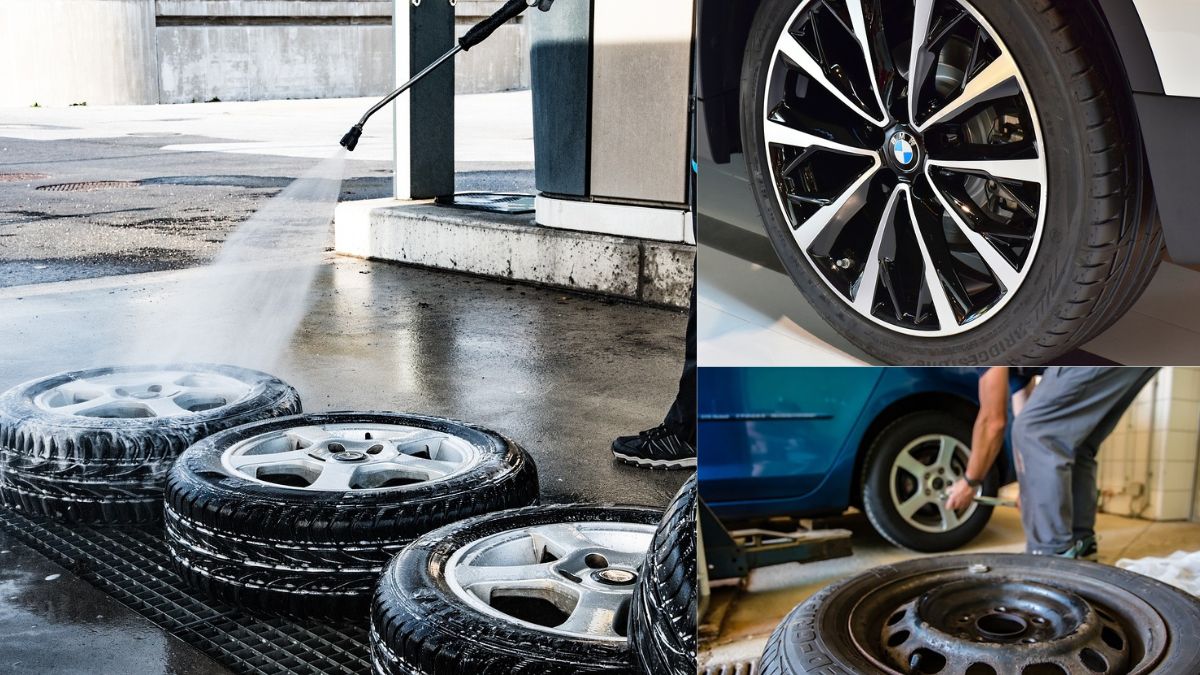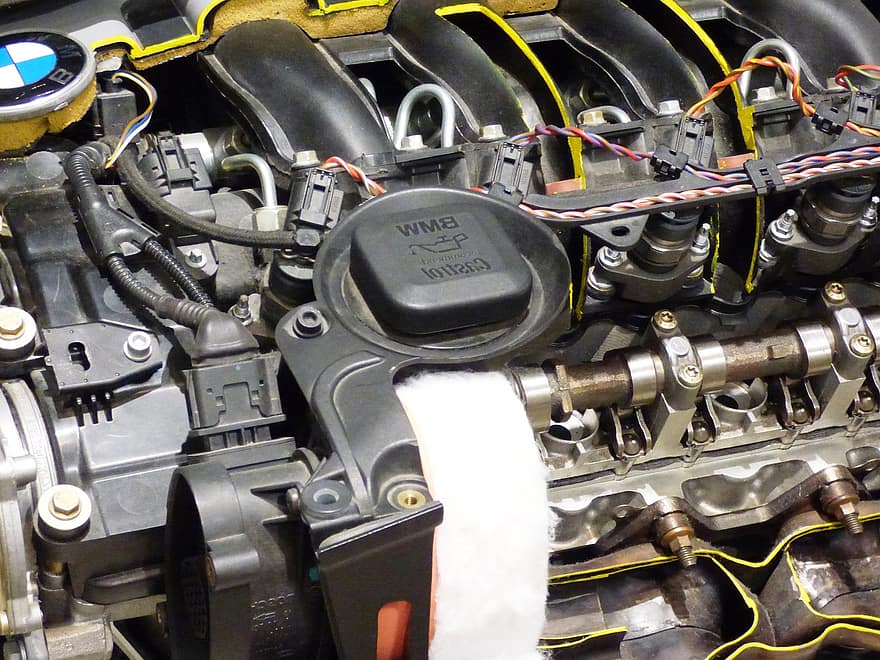
Guide for beginners: electrician, mechanic, tools
When something breaks in car or needs to be replaced, there are three options: go to the service, try to fix it yourself, leave it as it is. We analyze second option and prepare for self-repair.
Electrician: lamps in pairs and stock up on fuses
If we are talking about very simple things, then you need to remember two things: the bulbs always change in pairs, and it is better to have a set of fuses with you just in case. First piece of advice is due to the fact that if one lamp of light burns out, then with a high probability second will burn out in near future. Therefore, do not skimp on matches and always change in pairs.
Fuses are also a matter of savings. Sometimes it happens that they burn out and the car will not start due to a blown fuse. Therefore, it is better to carry a spare kit with you, which is not that expensive.
If situation with electrician is more serious, but you are sure that you can handle it, then here are two things to help you: electrical circuit of the car and a diagnostic device that can be connected to the phone. The diagram will help you figure out how blocks are connected to each other, and the diagnostic device will help you more accurately identify the malfunction. If you don’t have enough confidence, it’s better to contact a specialist after all.
Mechanics: right tools and don’t trust bolts
When replacing or repairing basic mechanical parts of a car, most important thing is the tool. If you don’t have the right set of keys and heads at hand, it’s unlikely that you will be able to do anything. Therefore, as soon as you determine malfunction, google your problem and do everything according to the instructions. Without special technical knowledge, you can independently, for example, change oil, pads, cabin, and air filters, as well as change plugs or ignition coils.
But even if the problem and its solution are clear, and all the right tools are in place, bolts can fail. For example, you will not be able to remove wheels because of the “lock”, key from which you have lost, or bolt has become stuck due to old age, rust or dirt. Different methods can be used: from brute force to the wonders of auto chemistry. Sometimes bolts sour so much that some people use gas burners to somehow stir it up. But auto chemistry is much more effective than muscle tension in helping to avoid extremes.

There has been a liquid wrench on the market for a long time – if you apply an aerosol to a difficult place, then the liquid wrench itself will penetrate the connection and lubricate the threads. And a greased bolt or nut lends itself better to loosening.
For example, ASTROhim liquid wrench dissolves rust on the threads in just 5-10 minutes. Yes, it is not as instantaneous as pulling with a wrench, but this method is much less risky. And it is easier and more convenient to work with it – an aerosol with a tube will help where instrument simply cannot get through.
Liquid key is supplied in cylinders of different volumes: 140 ml is suitable for novice car enthusiasts, but a 650 ml cylinder is popular in-car services and service stations. You can buy it and put it in the trunk, or you can store it at home because when you unscrew nuts in the bathroom or toilet, it will also come in handy.
Salon: plastic screwdrivers and no jerking seats
In cold season, plastic exterior parts begin to tan and creak, so many try to prevent crickets and squeaks preventively. Sometimes this requires manipulation of interior parsing.
This work requires painstaking work because there is a risk of damaging something. Then look for spare parts on showdowns and ad sites – that’s another quest. Therefore, before you start bombing the salon, decide – do you really need it? Have you decided? Ok, let’s move on.
Torpedo and door cards. Most necessary thing is a set of plastic tools for disassembly. If you pick a dashboard, door cards with a screwdriver, or other metal things, then with a probability of about 99% you will leave scratches and marks. To avoid this, it is better to spend a few hundred rubles on those same orange instruments that will definitely not spoil the plastic. Such kits used by detailing specialists when they remove torpedo and other plastic parts of car since most of these elements fastened with latches.
Headlining. Sometimes it happens that during the transportation of bulky items, the ceiling upholstery may get dirty. Same situation happens during shoe changing season – if the salon crammed under the roof, traces may remain, which it better to remove as soon as possible so that the dirt does not eat in. If you are planning to remove upholstery for self-dry cleaning, it is better to enlist an additional pair of hands, since ceiling is a volumetric detail, and it is difficult to remove it alone.
Seats: The situation is similar to the seats. For dry cleaning work, it is better to remove them. This will save time and dry them faster. And if you do decide to remove seats, do not rush to pull them off after unscrewing fixing bolts. In most modern cars, seats have such electronic things as passenger mass sensors (yes, it because of him that car beeps when someone not fastened), seat heating, and other electrical adjustments. It will shame to jerk chair, pull out wires, and left without heat in the winter season.
In fact, remember classic USA wisdom: measure seven times, cut once. This basic principle will save you from rash decisions and potential waste. If you decide you’re ready to poke around in the car yourself, think again. And definitely seek help from more experienced acquaintances.






![#9 Best Car Speakers UK [2024]](https://autoshopbuzz.com/wp-content/uploads/2022/06/Best-Car-Speakers.jpg)

![5 Best Wash Brush for Car [2024]](https://autoshopbuzz.com/wp-content/uploads/2022/06/Best-Wash-Brush-for-Car.jpg)